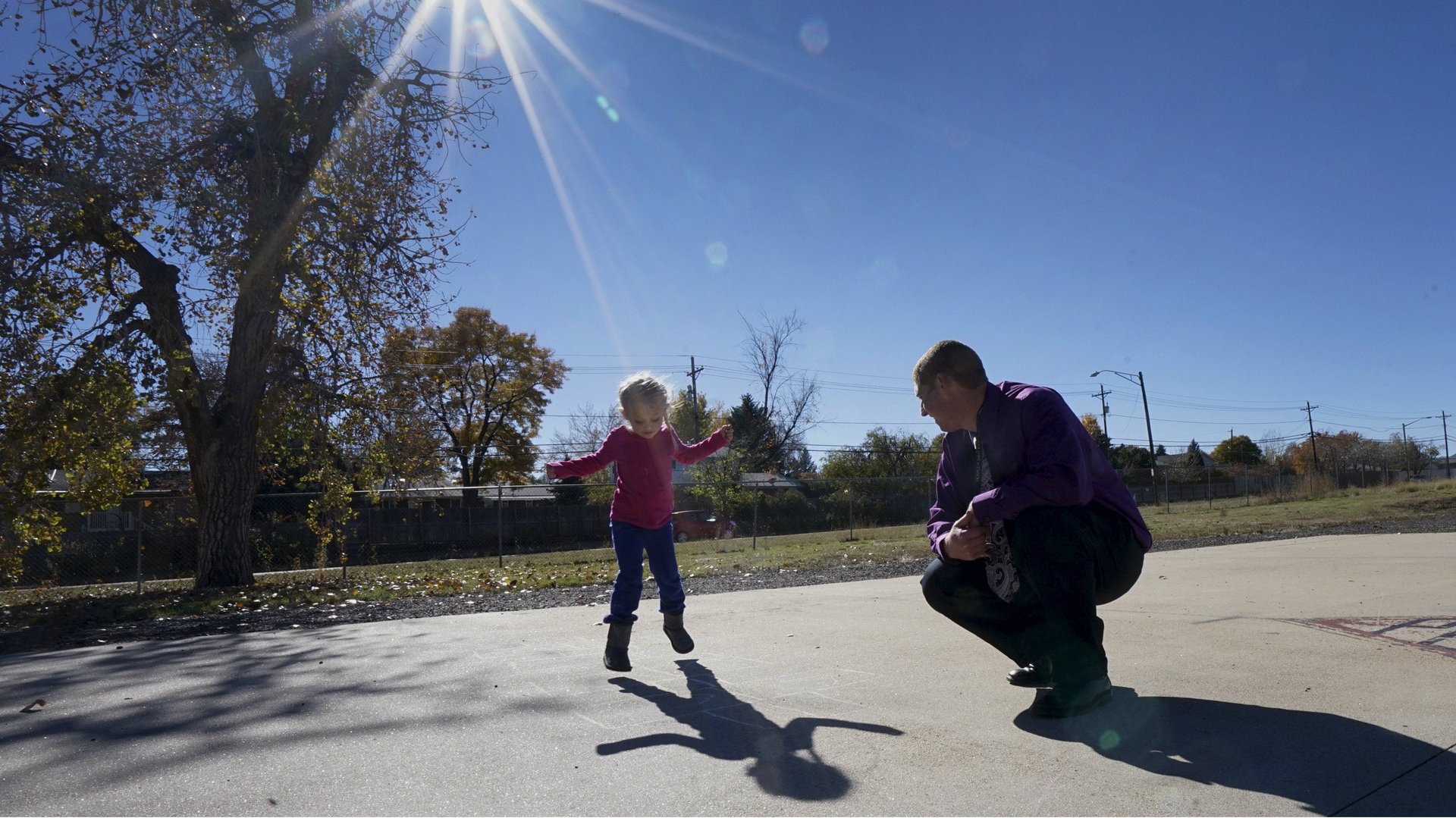It’s way more fun and less stressful to be a dad than a mom, researchers have confirmed
First, the good news: Parents generally derive a lot of enjoyment from parenting.


First, the good news: Parents generally derive a lot of enjoyment from parenting.
Now, the bad news: Mothers experience less enjoyment than fathers because they spend more time on the unpleasant jobs of parenting compared to fathers, according to a new study from Cornell.
The research, “How Parents Fare: Mothers’ and Fathers’ Subjective Well-Being in Time with Children,” looks at how heterosexual parents feel during specific child-related tasks. This is a different approach from many parenting-happiness studies which ask about general satisfaction and well-being. One’s overall sense of satisfaction can be influenced by many things; reporting on how you feel about each component of parenting potentially helps to identify which parts of parenting cause the most stress, and which bring the most happiness.
Not surprisingly, parents love to play with their kids and don’t love doing dishes, doing the kids’ laundry and feeding everyone, meal after meal. Despite this being 2016, and the fact that 78% of women work (compared to 45%in 1965), these kid-related tasks continue to fall more to mothers than fathers.
So much for the modern marriage.
“Mothers are doing different things with their children than fathers are, things that we know aren’t as enjoyable,” said Kelly Musick, associate professor of policy analysis and management at Cornell and co-author of the study, in a press release accompanying the study. “Playing with their kids is a particularly enjoyable experience for parents. And dads are doing more play as a share of the total amount of time they spend with their kids.”
The gap is not huge: Mothers spend 11 minutes less a day playing, and more time doing work-related parenting tasks. But on every measure, they face more pressure than fathers. They have less leisure time and more of it is interrupted by kids: 27% of mothers say their “free” time is interrupted by childcare at least twice during the day compared to 14% of fathers. Interrupted “free” time doesn’t really end up feeling like free time at all (try sending a work email with two kids fighting over a Nerf gun).
Mothers are also more likely to be parenting alone, whereas fathers have other grown-ups around (sometimes known as family time). Almost half of mothers’ activities with children do not include another adult, compared to 32% of fathers’ (this is due, in part of the fact that 26% of the mothers were living without a spouse or partner, compared to only 7% of men, but even mothers with a partner at home did 45% of the work alone vs. 30% of men).
Women sleep 27 more minutes a night than men, but 16% of mothers suffer from three or more interruptions a night, compared to 9% of men. Safe to say that 27 minutes is more than erased by three night wakings.
Research shows that parenting is generally harder on mothers. They spend more time at it, tie more of their self image to the concept of being a good mother, and feel more stretched between work and home (though men are catching up here). They have less down time.
“Despite an increasing ‘provide’ role for mothers, the ‘good mother’ role still carries expectations of primary caregiving,” the study said.
The study was based on time-use diaries from the American Time Use Surveys from 2010, 2012 and 2013. Some 12,000 parents reported how they felt and what they were doing during three random periods during a 24-hour day, relating how happy, sad, stressed and tired they felt, and how meaningful they felt the activities were.
We live in a time of more intensive parenting, which has been shown to be positive for child development (helicopter parents being an unwelcome extreme). But little has been done to study whether that trend is as good for parents as it is for kids. This study seems to show parents like being with their kids, even though it tires them out. And they like the good bits more than the labor-intensive bits, which fall more squarely on mother’s laps.
Parenting, Musick noted, happens in the small moments, the trip to the grocery store, or hanging out on the couch. It would clearly happen more smoothly if the work of parenting was more equally shared.